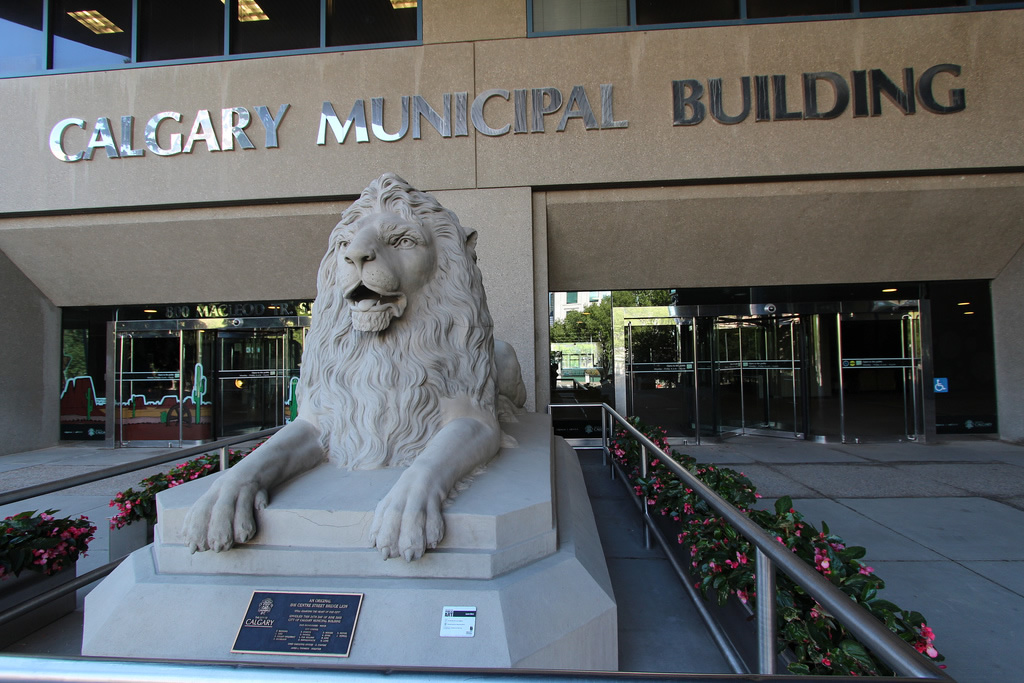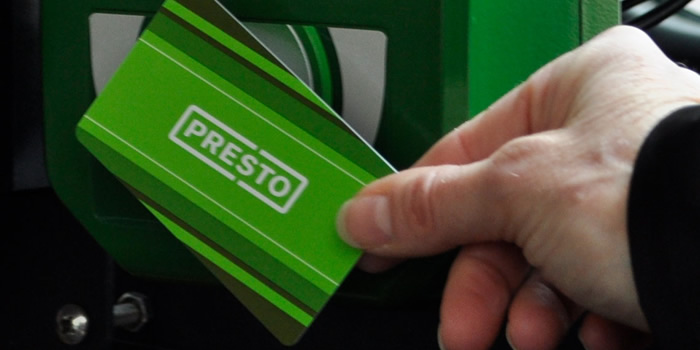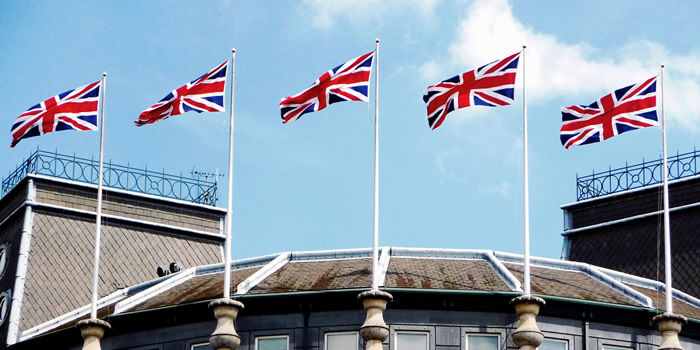
Photo by davebloggs007
We all know that credit card fees are costly to small businesses, but did you know they’re also costly to cash-strapped municipalities? Alberta may be Canada’s economic engine, but municipalities there, just like in have-not provinces like Ontario and Quebec, find themselves struggling to balance the books.
Municipalities face a unique dilemma – unlike the federal and provincial governments which can run deficits during tough times, municipalities must have balanced budgets. If there’s a budget shortfall the money has to come from somewhere – either spending cuts, or increases in property taxes, road tolls and other user fees.
Credit Card Fees Costing Calgary over $2 Million Yearly
Calgary recently discovered credit card fees are costing the city more than $2 million each year. The Canadian Federation of Independent Business (CFIB) argues this money could be put to better use, such as lowering property taxes or improving public services.
A Freedom of Information (FOI) request filed by the CFIB uncovered the following about credit card transactions and fees:
- Cost of city of Calgary credit card transactions in 2009: $1,474,418.54
- Total number of transactions 2009: 2,982,959
- Cost of city of Calgary credit card transactions 2013: $2,582,360.64
- Total number of transactions 2013: 3,639,188
Source: City of Calgary, Freedom of Information (FOI)
As you can see, the City of Calgary doled out almost $2.6 million in credit card fees in 2013. This represents a sharp jump of 75 per cent in credit card fees in only four years, despite the fact that the number of transactions only went up 22 per cent during the same time.
Why Credit Card Fees are Costly
Credit cards offer a whole host of perks for cardholders, including rewards points, grace period, extended warranties and fraud protection, but these perks come at a cost. Although you may be earning benefits, the rewards earned by all citizens could be costing your city or town thousands or even millions.
Here’s why: each time you tap or swipe your credit card to make a purchase, 1 to 2 per cent of the purchase price goes to credit card issuers instead of municipalities. Premium credit cards are even more costly – premium cards often come with a transaction fee of 2 per cent or higher.
Richard Truscott, the CFIB’s Alberta director, blames the rise in popularity of premium rewards cards. Despite offering better rewards for card holders, they take an even bigger bite out of the bottom line of cities and towns.
“We often hear from the mayor and city councillors that there’s nowhere to cut — there’s no cost savings to be found anywhere in the city’s $2.5-billion budget,” he said. “But this is clear evidence that in fact there are some areas they can and should be looking at.”
Paying by Credit versus Debit
Encouraging citizens to pay by debit could help save the city money and avoid an increase in property taxes, although some argue credit card fees are just a part of doing business and are worth the convenience.
An alternative to paying for city services by credit card is debit. While credit card transaction can be costly, debit transaction charge a much lower rate at a flat fee between five and 12 cents. By encouraging residents of Calgary to pay for pet licenses, facility rentals or parking tickets with debit instead of credit, it could save the city money that could be put towards lowering property taxes or improving services, argues Truscott.
Calgary Mayor Naheed Nenshi seems to be jumping on the debit card bandwagon. He has raised the issue before with fellow mayors at the Federation of Canadian Municipalities.
“We always encourage people to pay by methods that are more economic,” said Nenshi. “We get far more demand for payment through credit card.”
Neshi plans to go straight to the source, Visa and MasterCard, to voice his concerns. “It was on my work plan to write letters to Visa and MasterCard about it,” said Nenshi. “I’m hoping some other mayors will join up with me on this.”
The Bottom Line
Whether Visa and MasterCard will budge remains to be seen, but at least citizens are more aware of how costly their premium credit cards can be to their local government. For example, paying a $200 building permit would cost your city $4 at a transaction fee of 2 per cent. You can imagine how quickly that can add up. Before you swipe your credit card next time, think about how much it could be costing your city in fees. Perhaps municipalities should also help their own cause by laying out how they will re-invest merchant fee savings for the benefit of the community.




